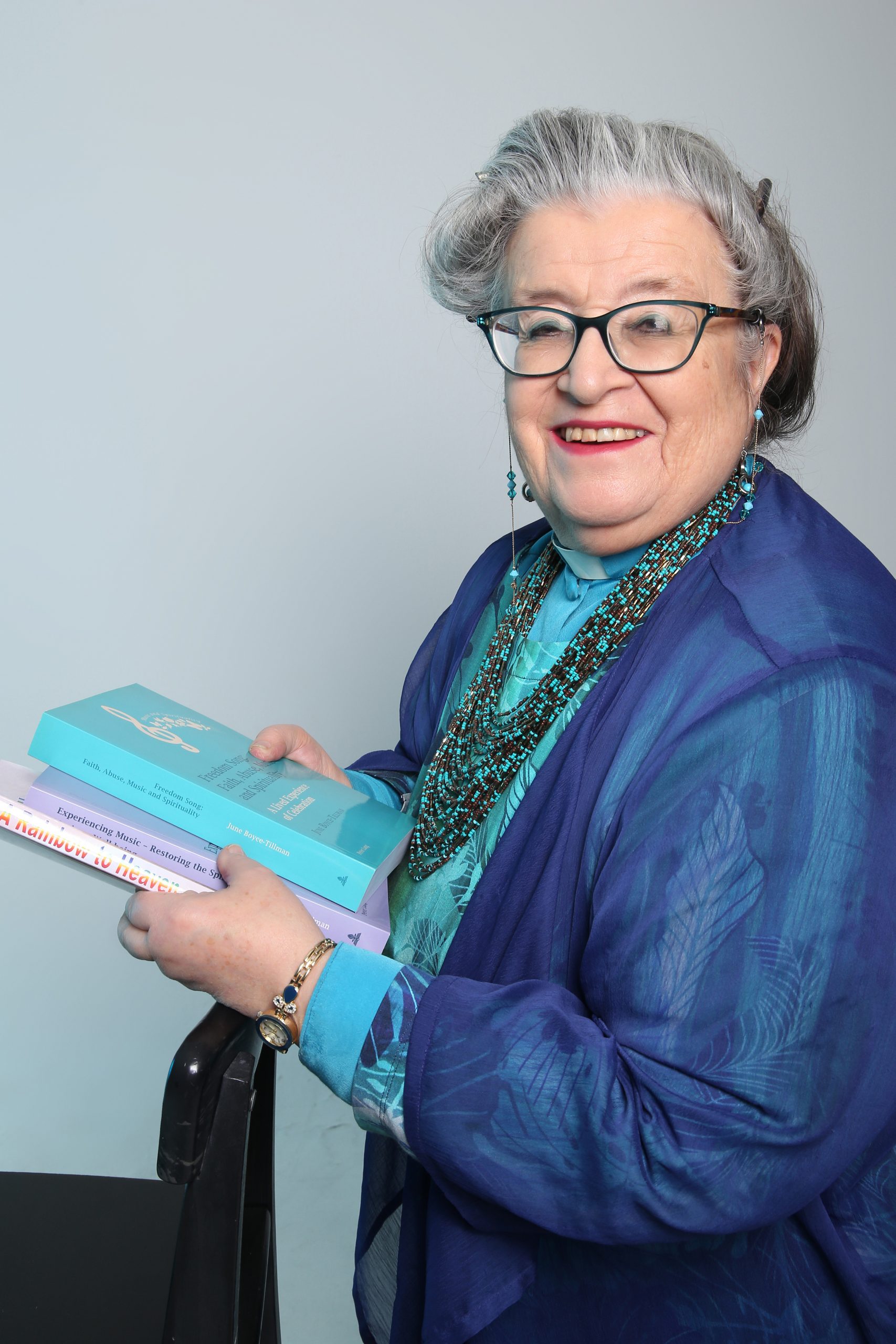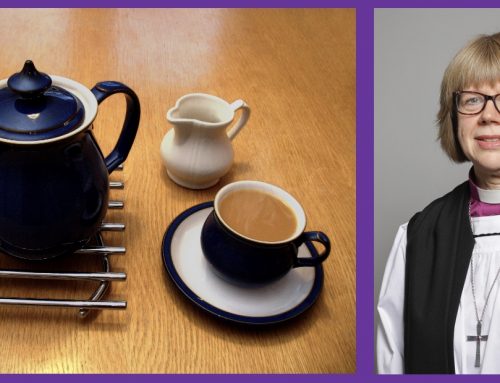Navigating the Church of England – a woman’s journey
Navigating the Church of England – a woman’s journey
Navigating the Church of England by the Rev Prof June Boyce-Tillman MBE
 The Rev Professor June Boyce-Tillman MBE PhD, MA, LRAM, FRSA FHEA, FISM is Professor Emerita of Applied Music at the University of Winchester. She has published widely in music education and her doctoral research has been translated into five languages. She has co- organised events in the area of interfaith dialogue and community engagement with the arts as wellbeing. She has developed practices in co-creation and co-ownership of projects such as Winchester University Music Centre She has held visiting fellowships at Indiana University and the Episcopal Divinity School in Massachusetts, US. She is an international performer and her large-scale works involve professional musicians, community choirs, people with disabilities and school children. She is the convenor of Music, Spirituality and Wellbeing international (www.mswinternational.org) and series editor of the Music and Spirituality series for Peter Lang. She is an Extra-Ordinary Professor at North West University, South Africa and an ordained Anglican priest, serving All Saints Church in Tooting South London.
The Rev Professor June Boyce-Tillman MBE PhD, MA, LRAM, FRSA FHEA, FISM is Professor Emerita of Applied Music at the University of Winchester. She has published widely in music education and her doctoral research has been translated into five languages. She has co- organised events in the area of interfaith dialogue and community engagement with the arts as wellbeing. She has developed practices in co-creation and co-ownership of projects such as Winchester University Music Centre She has held visiting fellowships at Indiana University and the Episcopal Divinity School in Massachusetts, US. She is an international performer and her large-scale works involve professional musicians, community choirs, people with disabilities and school children. She is the convenor of Music, Spirituality and Wellbeing international (www.mswinternational.org) and series editor of the Music and Spirituality series for Peter Lang. She is an Extra-Ordinary Professor at North West University, South Africa and an ordained Anglican priest, serving All Saints Church in Tooting South London.
ABSTRACT
This article will explore autoethnographically how a woman born in the 1940s found a way through the various hierarchies in Anglicanism. Using a combination of social dominance theory (drawing on Thatcher 2021) and Foucauldian social constructionism, it will interrogate the strategies she used to survive the patriarchal dominance that characterised most of the story. Using a crystallization methodology it will use story, poem, hymn and critical analysis to illustrate the story of the Anglican church in particular places from a feminist perspective. It will examine the place of apophatic theology, contemplative practice, musical composition, excursions into other traditions and both Christian and other faith traditions in her route into ordination. It will examine the strategies of various forms of hierarchy over the second half of the twentieth century and the beginning of the millennium, highlighting issues of gender, class, disability in the journey.
KEYWORDS hierarchy, values, gender, music, interfaith dialogue, protest
This article will explore the hierarchies of power dominating the church of England. Born into this particular denomination I use an autoethnographic frame to explore my route into the ordained priesthood that I hope can inform other autoethnographic subjugated knowers in other situations (Boyce-Tillman 2000a). It will use a crystallization strategy using poem, story and hymn to illuminate the systemic restrictions within the Church of England:
The scholar draws freely on his or her productions from literary, artistic, and scientific genres, often breaking the boundaries of each of those as well. In these productions, the scholar might have different “takes” on the same topic, what I think of as a postmodernist deconstruction of triangulation. . . In postmodernist mixed-genre texts, we do not triangulate, we crystallize. . . I propose that the central image for “validity” for postmodern texts is not the triangle—a rigid, fixed, two- dimensional object. Rather, the central imaginary is the crystal, which combines symmetry and substance with an infinite variety of shapes, substances, transmutations, multidimensionalities, and angles of approach. . . Crystallization provides us with a deepened, complex, thoroughly partial, understanding of the topic. Paradoxically, we know more and doubt what we know. Ingeniously, we know there is always more to know. (Richardson, 2000: 934, original emphasis)
Meaning in a society is constructed by having a property of sharedness especially by those who hold positions of authority:
Click Download to continue:






